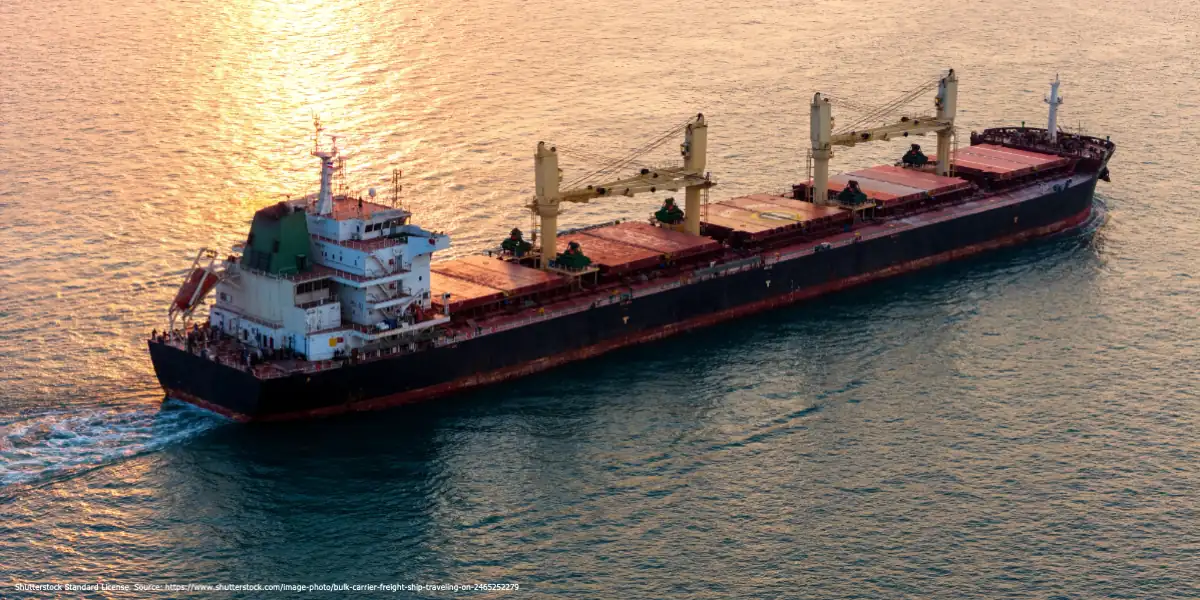On 23 October 2025, the EU formally adopted the 19th package of sanctions against Russia. The package was already proposed on September 19th, but held back by opposition from Slovakia.
The adopted package includes a ban on Russian LNG imports (phase-out in two stages: short-term contracts ended after 6 months, longer-term by 1 Jan 2027). Other measures strive to tighten control of circumvention, including new restrictions on energy exports and financial transactions, tighter controls on trade in dual-use goods, and expanded sanctions targeting cryptocurrency platforms and vessels involved in the so-called “shadow fleet.”
A ban on imports of Russian liquefied natural gas (LNG) has long been under discussion, facing opposition due to the long-term contracts that characterize this market. This package gives the measure concrete form and seeks to accelerate its implementation. Since Russia’s full-scale invasion of Ukraine, EU imports of LNG have surged. While new suppliers have entered the picture, LNG volumes from Russia have not decreased. In some cases, they’ve even grown. Countries like Spain, Belgium, France, and the Netherlands remain significantly dependent on Russian LNG. Some of them have even increased imports compared to pre-war levels. Not all imported LNG is consumed within the EU; a substantial share was re-exported outside the EU gas system until March 2025, when the 14th sanctions package’s ban took full effect, indicating that these imports were driven more by commercial or strategic motives than by domestic demand.
Russia is more dependent on the West for LNG than the West is on Russia. An estimated 93% of Russian LNG exports rely on G7+ maritime services for transport. Exporting LNG to China is theoretically an option, but logistically difficult and costly as Russia still lacks the shipping capacity. The preferred Arctic route via the Baltic Sea is only usable with ice-class vessels, of which Russia owns just 15. Compared to what happened with the oil embargo, LNG is harder to reroute, and there’s no “shadow fleet” of old tankers available to bypass sanctions. LNG tankers are a newer, more specialized technology, in high global demand. Not many outdated vessels lying around to be coopted.
However, since the embargo is announced far in advance, Russia may benefit from excess earnings before it takes effect. A price cap could serve as a transitional measure. It would limit revenues during the adjustment period and prevent frontloading of Russian profits. Unlike oil, Russia would struggle to circumvent such a cap, due to lack of shipping capacity and technological constraints. But the secondary market for LNG vessels should be closely monitored. Transshipments should also be explicitly banned.
Finally, the sanctions are not a call to replace russian LNG with other fossil fuels. Faster progress on energy efficiency and green transition would be an excellent complement.


